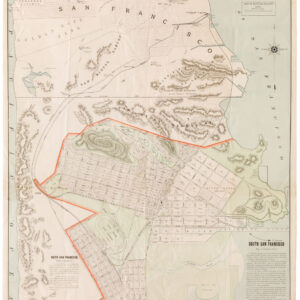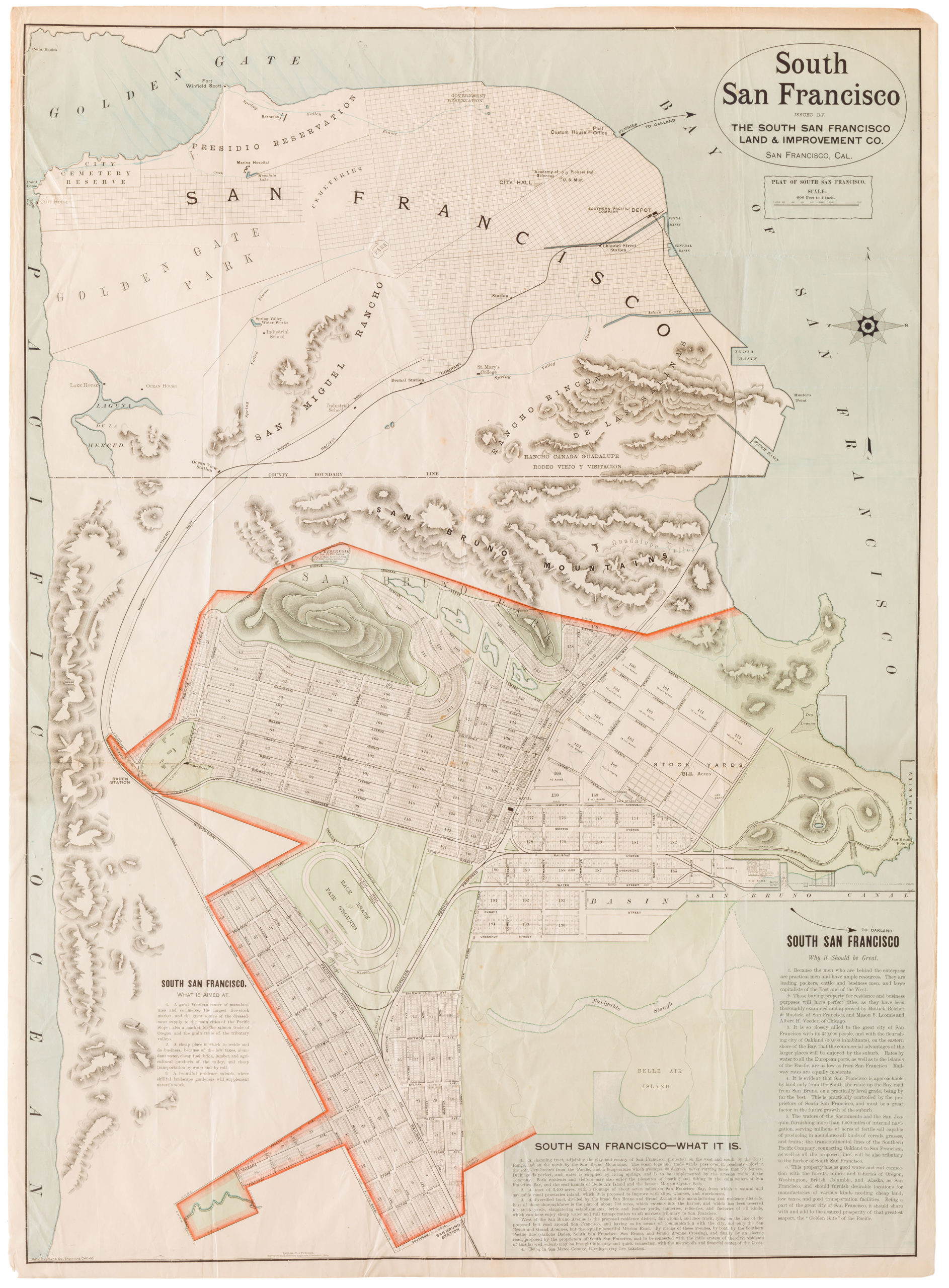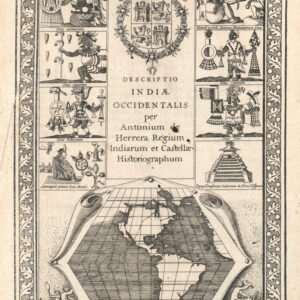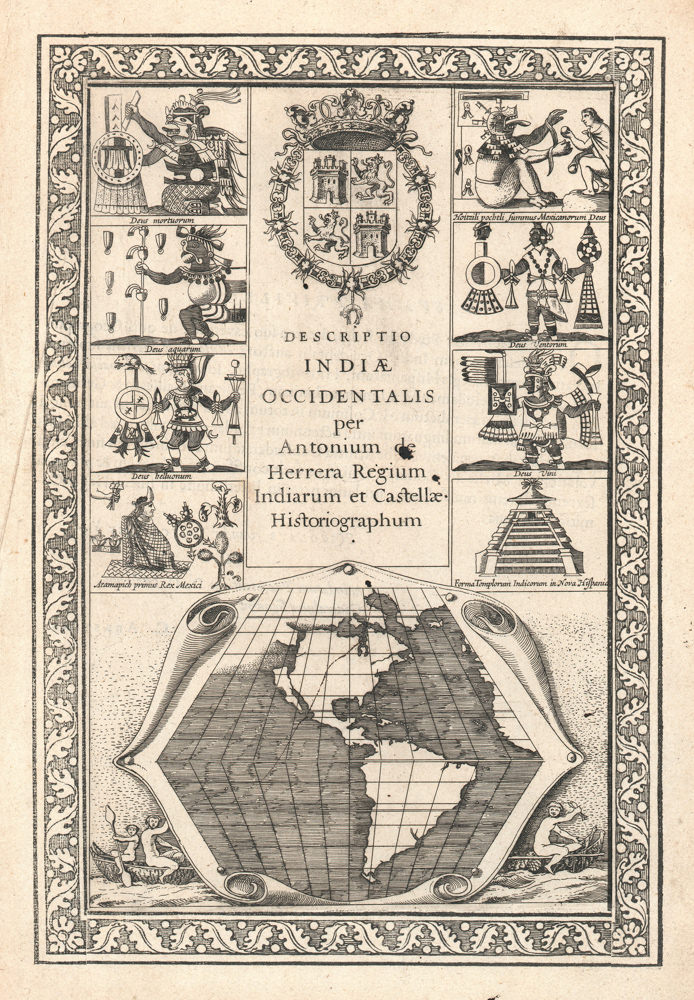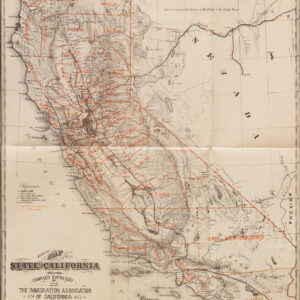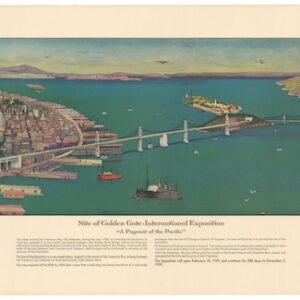Early industrial map of Los Angeles and Long Beach Harbor.
Industrial Map of Los Angeles and Long Beach Harbors.
Out of stock
Description
This charming hand-colored map of Los Angeles and Long Beach Harbors was issued by the Automobile Club of Southern California (ACSC). The map is undated, but based on the features included, we suggest it was published around 1930. Among the identifying elements is the presence of Fish Harbor and the Terminal Island Railway lines, constructed in the early to mid-1920s and expanded to the state seen in this map only a few years later. The map is one in a series of such maps issued by the ACSC, with this sheet being identified by a number (1523) in the lower right corner. The earliest edition of this map that we have been able to identify was issued around 1922.
The map depicts the San Pedro and Wilmington areas of Los Angeles, which lie just inland from Terminal Island. The massive harbor facilities extend from the city of Los Angeles and into the city of Long Beach, hunting to become one enormous industrial harbor. In Long Beach, the port was accessed via the Outer Harbor, squeezed between Brighton Beach and the mouth of the Los Angeles River. The map makes the division between Los Angeles and Long Beach clear by a labeled dividing line and color coding (yellow for LA and orange for Long Beach).
The map details many of the industries and companies that line the waterfront and inner harbor and rely on the extensive facilities present there. Many of these companies are listed in the comprehensive street index on the verso of the map. In addition to all its streets, industrial companies, shipping firms (and their berth numbers), and a range of maritime officials and other authorities, the index also provides the location of the ACSC, which issued this map. This list was originally featured as an inset on the map itself but was in this new edition of the map expanded and moved to the verso.
The booming 20s
The 1920s were a boom period for both Los Angeles and its harbor. In 1921, the Marine Exchange was established to centralize the registry of docking ships. Two years later, a bond issue spurred a new cycle of growth, which, among other things, saw a drawbridge and railroad facilities added to Terminal Island. By 1925, the main harbor channel had been extended to a width of a thousand feet. These additions feature on our example of this map, suggesting a compilation in the late 1920s to early 1930s. Following the stock market crash of 1929, the next cycle of growth only came in the wake of World War II.
We have noted an early example of this map from ca. 1922-1925. Neatline’s example shows many of the new additions and expansions of the harbor and was presumably the next state of the map to have been issued. New editions of the map were published again in 1951 and 1965.
A more detailed history of the port of Los Angeles is provided on the port’s website: https://www.portoflosangeles.org/about/history.
Cartographer(s):
Condition Description
Minor wear along fold lines.
References
